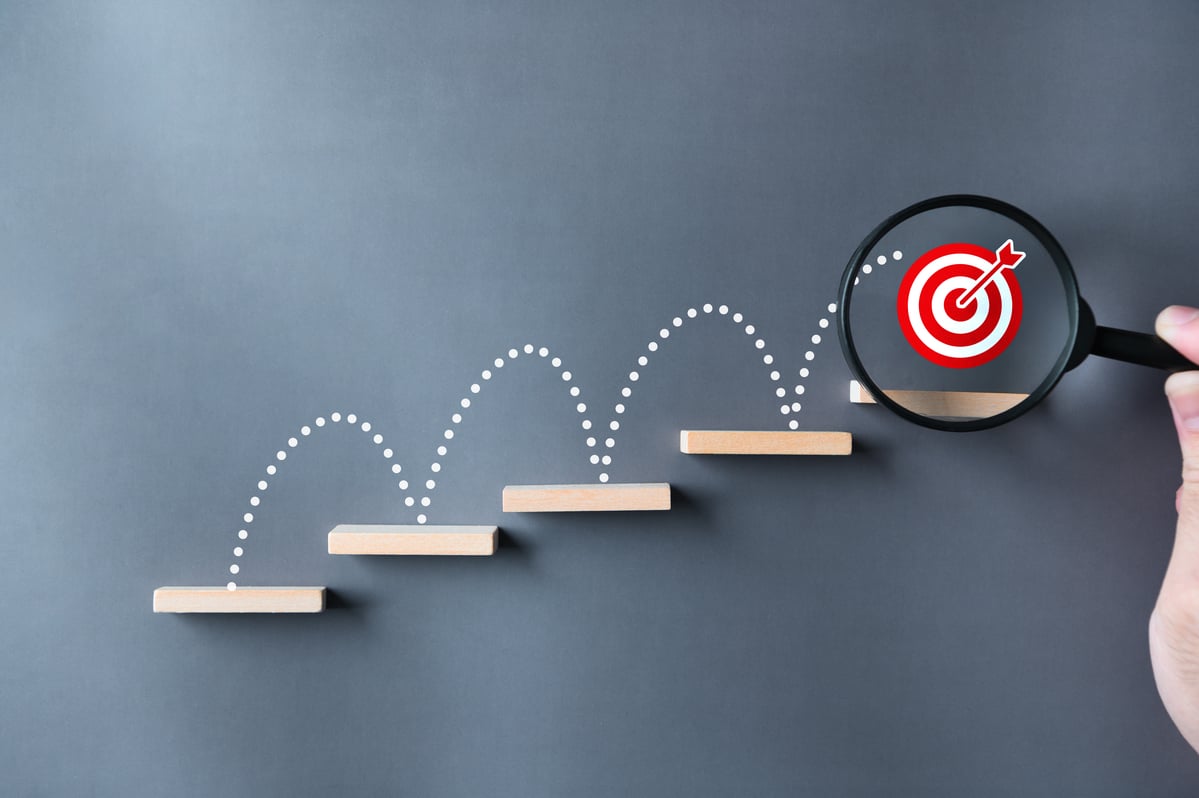
Starbucks lattes may look and taste delicious, but a class action lawsuit says customers are being overcharged for them. Image source: Elsie Hui.
What happened?
When does 16 ounces not equal two cups? According to a lawsuit seeking class action status, the answer is: when Starbucks (SBUX 0.31%) is serving you a grande latte, then it's really only 14 ounces and customers are overpaying for air.

Does it matter?
According to reports, the federal lawsuit claims Starbucks purposely underfills lattes by some 25%, arguing "Tall lattes are not 12 fluid ounces. Grande lattes are not 16 fluid ounces, and Venti lattes are not 20 fluid ounces. Starbucks cheats purchasers by providing less fluid ounces in their lattes than represented."
The issue arises from the way the lattes are made. According to the lawsuit: Starbucks has milk pitchers with fill-to lines that are less than the drink size. Even after the espresso shots are added, it still comes up short. For example, a 16 oz. latte has 12 oz. of milk and two one ounce shots of espresso, for a total of 14 oz. The remaining two ounces come from frothing the milk and that, says the lawsuit, leaves customers overpaying and Starbucks unfairly profiting.
It claims the coffee shop began doing this beginning back in 2009 as a means of saving on the cost of milk, which is the most expensive ingredient in the latte. The suit says that is fraud.
Starbucks hasn't responded other than to say the claims are without merit, but this isn't the first time lawyers tried to say a company shortchanged its customers. Subway was sued for serving so-called "footlong" subs that measured only 11 inches long. Although the sandwich shop ended up paying $525,000 to settle the suit, it was largely seen as the winner in the case because it argued it was more a marketing term than an actual size description.
Often times these look more like nuisance lawsuits hitting deep-pocketed companies in the hopes they'll agree to a quick settlement. It might be best if companies followed McDonald's (MCD 0.39%) lead, which in its promotion for the its Quarter Pounder sandwich, it adds a disclaimer that it's the weight of the beef before cooking they're talking about. Cereal companies do it, too, noting that settling may occur during shipment.
Still, if the Subway case is any guide, it seems hard to believe that rather than a fat payday, the Starbucks plaintiffs will end up with anything more than pocket change.







